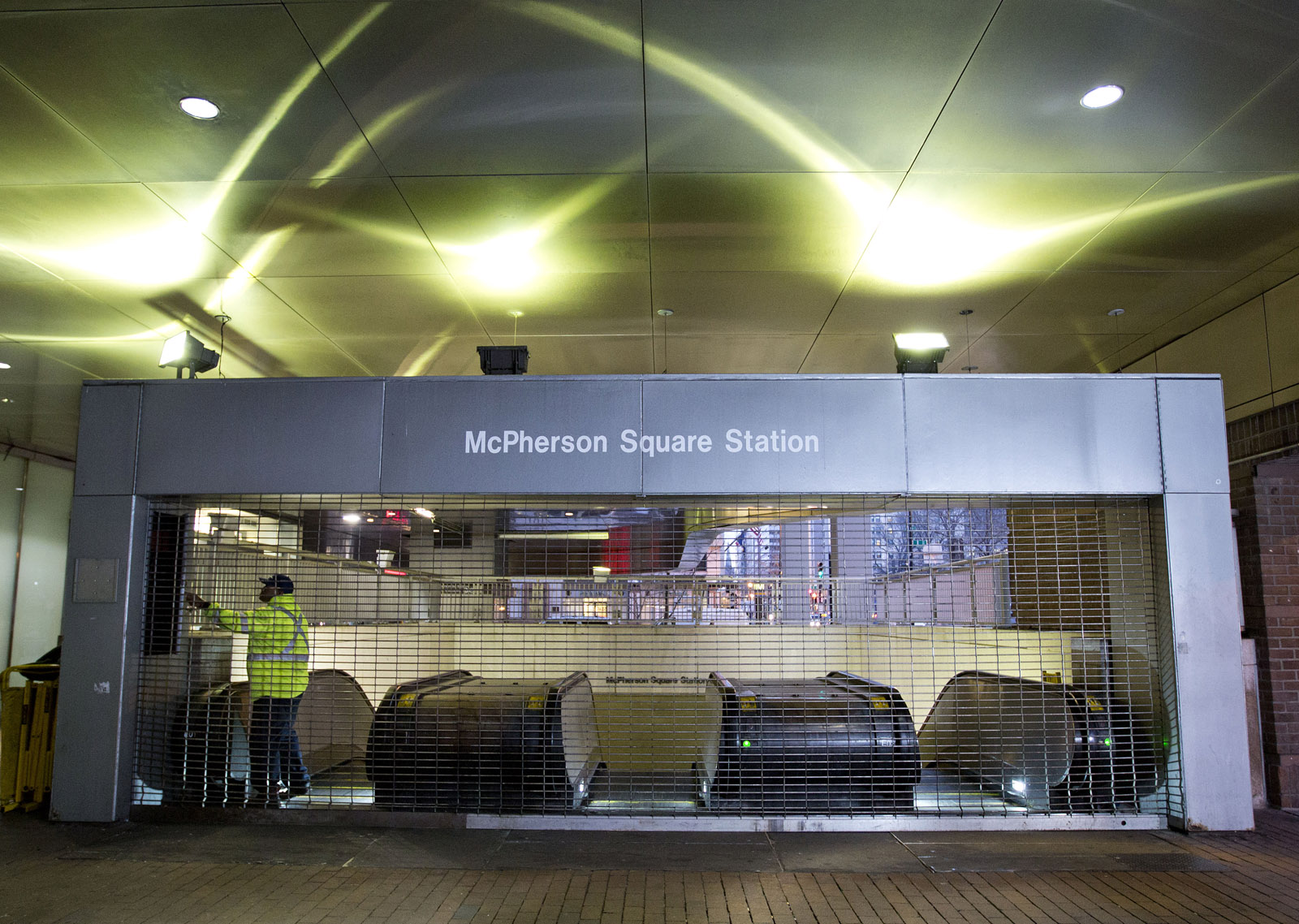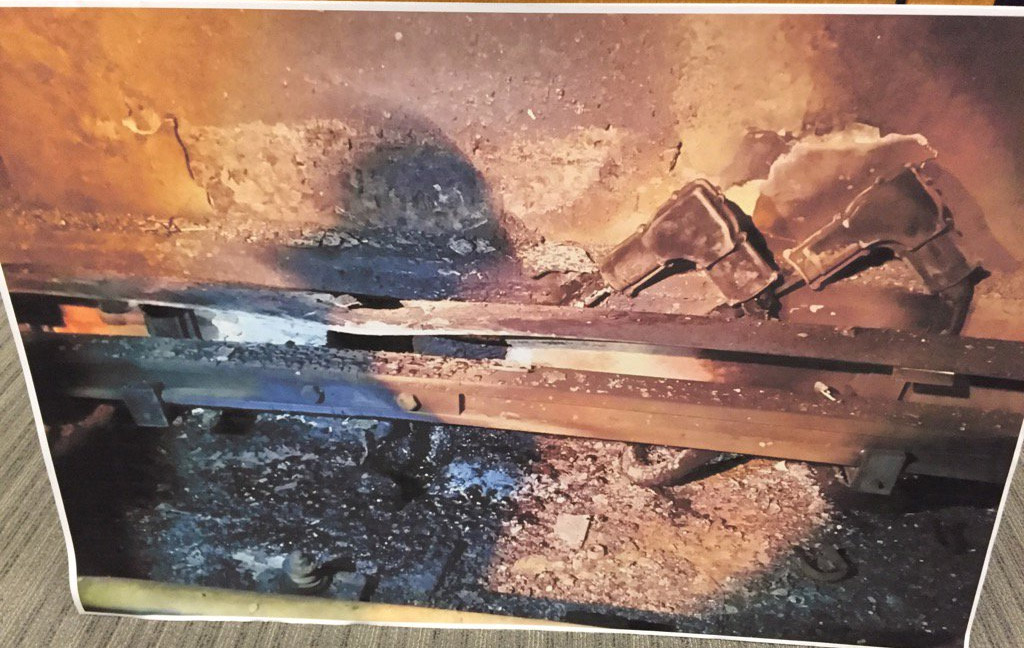WASHINGTON — Metro is taking new steps to make sure train and bus operators and other employees key to safety are getting more sleep so that fewer mistakes are made simply because workers are tired.
As part of the Federal Transit Administration inspection of Metro following the deadly smoke incident near L’Enfant Plaza last year, the FTA directed Metro to update its fatigue risk management policy and review what other actions could be taken to cut down on the amount of time key workers are on the job in cases where a lack of rest increases the risk of a safety incident. Metro says those updates were completed in December.
Over the course of last year, the proportion of time that safety-sensitive bus workers were on the job and where fatigue likely made them minimally effective remained relatively flat, however the risk trended slightly higher on the rail side.
Rail workers were a higher risk of safety incidents due to fatigue 4.5 percent of the time during the last quarter of 2015 compared to 3.8 percent of the time during the first quarter due. Bus workers were at a higher risk of safety problems 1.3 percent of the time during the first quarter. That rate dropped to 1 percent in the last quarter of the year.
The data is based on the automated timecard reports for about half of all safety-sensitive Metro employees.
According to the data, Metro made more progress in the second half of 2015 in cutting down the number of times bus or rail workers had to work seven days or more in a row. The number of those violations identified by Metro fell dramatically, to the lowest levels since Metro first approved specific service limits as part of the fatigue management program in 2014.
Metro is rolling out three new quiet rooms for employees who are not getting enough break time or time between shifts to at least allow them some rest.
The first quiet room will be available at the troubled Rail Operations Control Center, which the transit administration said last year was understaffed, undisciplined and filled with distractions.
Workers there, responsible for train movements throughout the system, are regularly scheduled for overtime.
In its corrective action plans, Metro had said that nearly a quarter of controller positions are unfilled, although some additional controllers have since been hired and completed an orientation program.
Metro says it is in the process of completing FTA-mandated work to determine just how many controllers are needed to fully staff the control center.
In documents prepared ahead of a Metro Board of Directors committee Thursday, Metro says it will also do more to investigate the role of fatigue in crashes or other incidents.
In addition to better data collection that will give investigators a full picture of just how tired a worker might be, Metro is also developing a mathematical model for investigators that could flag fatigue as an issue.







